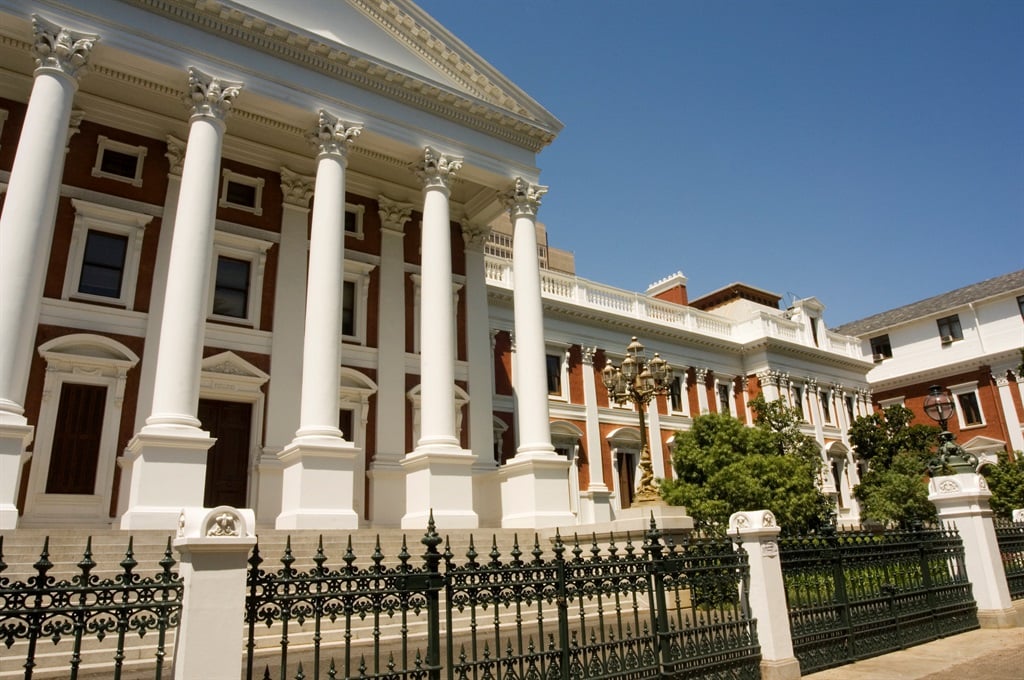
Huge effort is put into public commentary on proposed legislation. But a new slip-up shows that government just ignores it, writes Busisiwe Mavuso.
- For more financial news, go to the News24 Business front page.
The withdrawal last week of proposed new visa regulations that would have eased the way for skilled workers to come to South Africa was an inadvertent illustration of how little public consultations matter in many parts of government. The regulations were withdrawn because the minister of home affairs had inadvertently published them a day before the period was meant to close for public comment on the drafts. This might seem like merely an administrative error, but I think it reveals how little attention policy makers pay to public comment.
Clearly, from the minister down, the public commentary simply did not feature in the minds of those in the department.
Business Leadership South Africa (BLSA) puts considerable effort into providing public comment on proposed legislation. We sometimes commission expert research to enable us to provide informed input. We also often call on our members to provide views, particularly when they have in-house expertise on some or other matter. This takes resources, and I like to believe it is a worthwhile investment, leading ultimately to better laws. But when I see events like last week’s reversal, my confidence wanes.
In the case of the visa regulations, the proposed changes were welcomed by BLSA.
However, poorly conceived legislation often works its way into the lawbooks without any apparent notice of the public comments received. A clear example is the latest Companies Act Amendment Bill, about which both BLSA and Business Unity South Africa (BUSA) provided significant input.
There are positives to the amendments such as embracing technology to improve the efficiency with which businesses can operate, but there are some significant negatives that will have unintended consequences, increasing the compliance costs, particularly for small businesses, and in some cases making it impossible for companies to operate.
For example, the "one strike rule" requires that non-executive directors serving on a remuneration committee must step down in the event that shareholders do not approve the implementation report of a remuneration policy, will make it very difficult for all but the biggest companies to retain competent non-execs and make their remuneration committees effective.
There are also several parts of the bill that are simply ambiguous and will create unnecessary litigation as stakeholders turn to the courts to get clarity. Despite our detailed submissions on all of these issues, Parliament simply approved the draft bill without change and submitted it for the president’s signature where it now sits.
Even worse was the National Health Insurance Bill. This bill is simply unimplementable – there is no way it can be funded. It risks doing serious damage to the private healthcare sector and triggering an exodus of staff from the medical system. Business put considerable work into tabling alternatives that are viable and would support improvements in access to healthcare, requiring minimal amendment to the draft bill.
The Covid-19 period showed how effectively government and business can work together to provide access to healthcare. Yet, our proposals were roundly ignored and Parliament forged ahead with putting the totally unworkable legislation on the books. It is another law that is sitting on the president’s desk and, should he sign it into law, there will be a rash of litigation on many grounds, from the constitutionality of the law to the administrative fairness in how it was developed.
Our constitutional framework makes consultation a key part of the development of laws. The Constitutional Court has in the past struck down legislation because of a failure of the state to comply with its constitutional obligations to include the public in development of legislation.
Public consultation cannot just be a matter of procedure, but must include proper consideration of the input received, as spelled out in the Promotion of Administrative Justice Act. It is hard to believe that there has been proper consideration when draft legislation is finalised without change after a comment period.
This is not just a cost to those of us who spend time and money on providing comment, but also to the government. When laws are ambiguous or unconstitutional, they will inevitably end up being challenged in court, requiring government to pay for legal processes. Many of these lead to amendments. It could all be avoided by properly engaging with public input and getting the legislation right in the first place.
Our country needs good laws, ones that benefit from the input of those affected by them. Laws should also be subject to a socioeconomic impact assessment, in line with the socioeconomic impact assessment system managed by the presidency. But these assessments, when undertaken, are often perfunctory and a missed opportunity to improve laws and regulations to maximise the public benefit. This illustrates the same malaise in a lack of focus on delivering laws that really will work and benefit the country.
My call is to our counterparts in government who are working on laws and regulations. We have resources that we put into helping the process. We need engaged counterparts who can genuinely consider the inputs we provide and act where there is an opportunity to improve legislation. That is what the Constitution envisages because it is how we get to become a country that realises its potential.
Busisiwe Mavuso is the chief executive officer of Business Leadership South Africa. Follow her on X (@BusiMavuso2) to read more of her opinion pieces. News24 encourages freedom of speech and the expression of diverse views. The views of columnists published on News24 are therefore their own and do not necessarily represent the views of News24.




 Publications
Publications
 Partners
Partners












